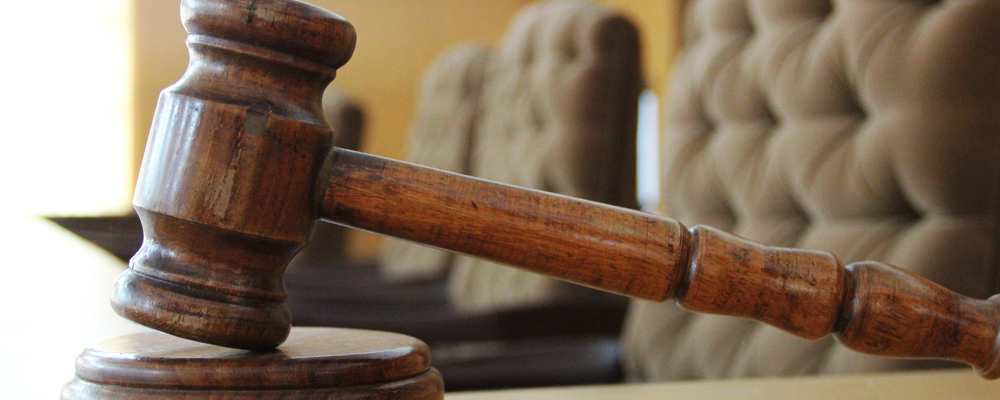What is Legal Aid and Who Qualifies?
Legal aid in South Africa was established to provide legal assistance to persons who cannot otherwise afford such and is provided at the expense of the State. The legal aid is available to impoverished persons, children and vulnerable groups, such as senior citizens and women. The assistance is provided in an unbiased way, with the goal of improving the public’s confidence in the upholding of justice.
People are asked to complete an application form to help the legal aid team determine their financial status. The application is called a Means Test, with the aim of establishing whether the person can afford some or most of the legal costs, or is indeed impoverished.
To qualify, a person must have a monthly income of below R5 500 (after taxes). The test also determines whether a person lives with other income earning individuals who share in the household costs. In such an instance, the total household income is taken into consideration and should then be below the R6 000 (after taxes) monthly threshold.
The test furthermore assesses whether the individual owns property and assets. In such an instance, the maximum value must be below the R500 000 total. If the individual doesn’t own a house, then their personal assets must be below R100 000 in value.
The elderly receiving state pensions or grants don’t have to complete the Means Test, as they immediately qualify. The same holds true for children where they need legal assistance in criminal cases, but for civil cases, the Means Test applies to their family.
Note that the assistance is available to people residing in South Africa, irrespective of their race and nationality, if the case in which they need legal defence is criminal-based or if children are involved. Note that asylum seekers have access to legal aid according to the requirements of the law when they apply for or intend to apply for asylum according to the Refugees Act of 1998.
Should the individual qualify for legal aid, then they don’t have to pay for legal costs and the lawyers will represent them to the best of their abilities. Legal aid is available to individuals charged for a specific crime and for individuals where a court decision is needed regarding the outcome of a dispute between the individual and another party at the same employer. It is also available for issues pertaining to the Consumer Protection Act, debt related matters, contracts, equality cases and estates of deceased persons.
The financial assistance and legal services are available for issues related to employment, such as unfair dismissals, legal steps against the SAPD, divorce and custody problems, local authority decision dispute, benefit payments, eviction, being institutionalised for mental health, and issues related to domestic violence.

